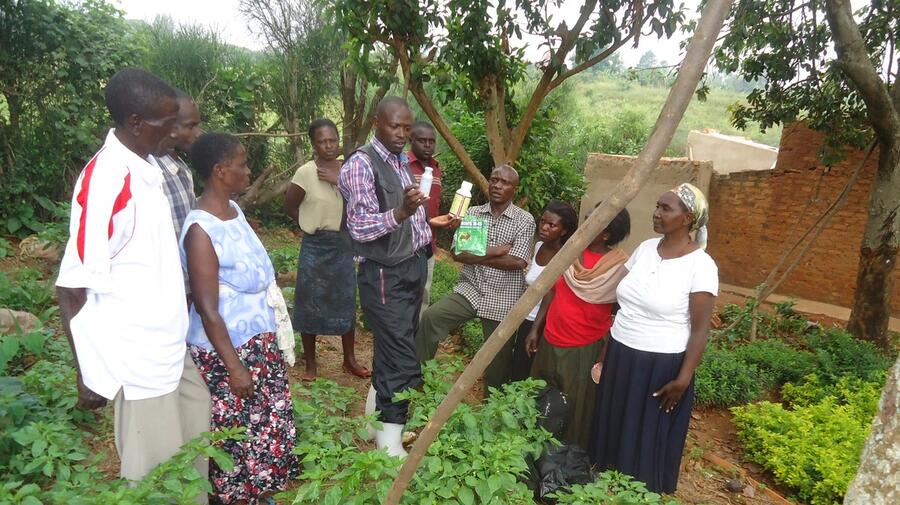Agriculture teachers play a vital role in educating and training the next generation of agricultural professionals, hence why not just anybody can teach it as a subject of instructions in schools. It is sad to find out that in many schools today, graduates of any field are often found teaching the subject without having a prior training or guide in the rudiments of agriculture itself. While agriculture education is valuable and can have numerous benefits, there are certain factors that may make it challenging for just anybody to teach agriculture in schools. Here are 10 reasons why teaching agriculture may not be suitable for everyone:
- Lack of expertise: Teaching agriculture requires a solid understanding of various agricultural practices, techniques, and concepts. Without proper expertise, which comes from years of practice, it may be difficult to effectively deliver accurate and comprehensive instruction to students, who we look to, to carry on the legacy of sowing and harvesting, as our forefathers handed over to us and even in a better way.
- Limited subject knowledge: Agriculture is a multidisciplinary field encompassing various sub-disciplines such as agronomy, animal husbandry, horticulture, soil science, and agricultural economics. Inadequate subject knowledge about these fields may result in incomplete or incorrect information being imparted to students.
- Specialised instruction: Teaching agriculture often involves practical hands-on activities, such as fieldwork, farm visits, and laboratory experiments. Without access to necessary resources and infrastructure, it can be challenging to provide students with the practical experiences they need to grasp agricultural concepts fully.
- Safety concerns: Agriculture involves working with potentially-hazardous tools, equipment, and chemicals. Teachers must possess a thorough understanding of safety protocols and risk management strategies to ensure the well-being of students and themselves. Without proper training, it can be challenging to maintain a safe learning environment for the young ones.
- Evolving industry knowledge: The agricultural industry is constantly evolving with new technologies, innovations, and research findings. Staying updated with the latest industry knowledge requires continuous professional development and engagement. Without ongoing learning, teaching outdated or inaccurate information can hinder students’ understanding of current agricultural practices.
- Classroom management skills: Managing a classroom of students, maintaining discipline, and creating an effective learning environment are crucial aspects of teaching. Without strong classroom management skills, maintaining students’ focus and engagement in agricultural topics can be challenging. This is because students nowadays get more easily bored and tired, especially with anything that has to do with labour.
- Physical demands: Teaching agriculture often involves outdoor activities, working in fields, and handling livestock. It can be physically demanding, especially for individuals, who may have limitations or health concerns that affect their ability to fully participate.
- Administrative responsibilities: Teaching any subject comes with administrative responsibilities such as lesson planning, grading, assessment development, and record-keeping. Agriculture teachers must handle these administrative tasks while also managing unique aspects of agricultural education, such as supervising agricultural clubs or coordinating field trips.
- Limited resources: Depending on the school or region, resources for agriculture education may be limited. Insufficient funding, lack of agricultural facilities, and limited access to relevant technology and equipment can pose challenges in delivering quality agricultural education. However, a round peg in a round hole may have ideas for how to source for help or resources based on links or previous contacts as a result of expertise in the field.
10. Professional development opportunities: Continuous professional development is crucial for agriculture teachers to enhance their subject knowledge, teaching techniques, and stay updated with industry trends. However, limited access to professional development opportunities can hinder growth and limit the ability to provide quality education. One key thing about agriculture teachers is that they possess a combination of subject expertise, pedagogical skills, and commitment to ongoing learning.

